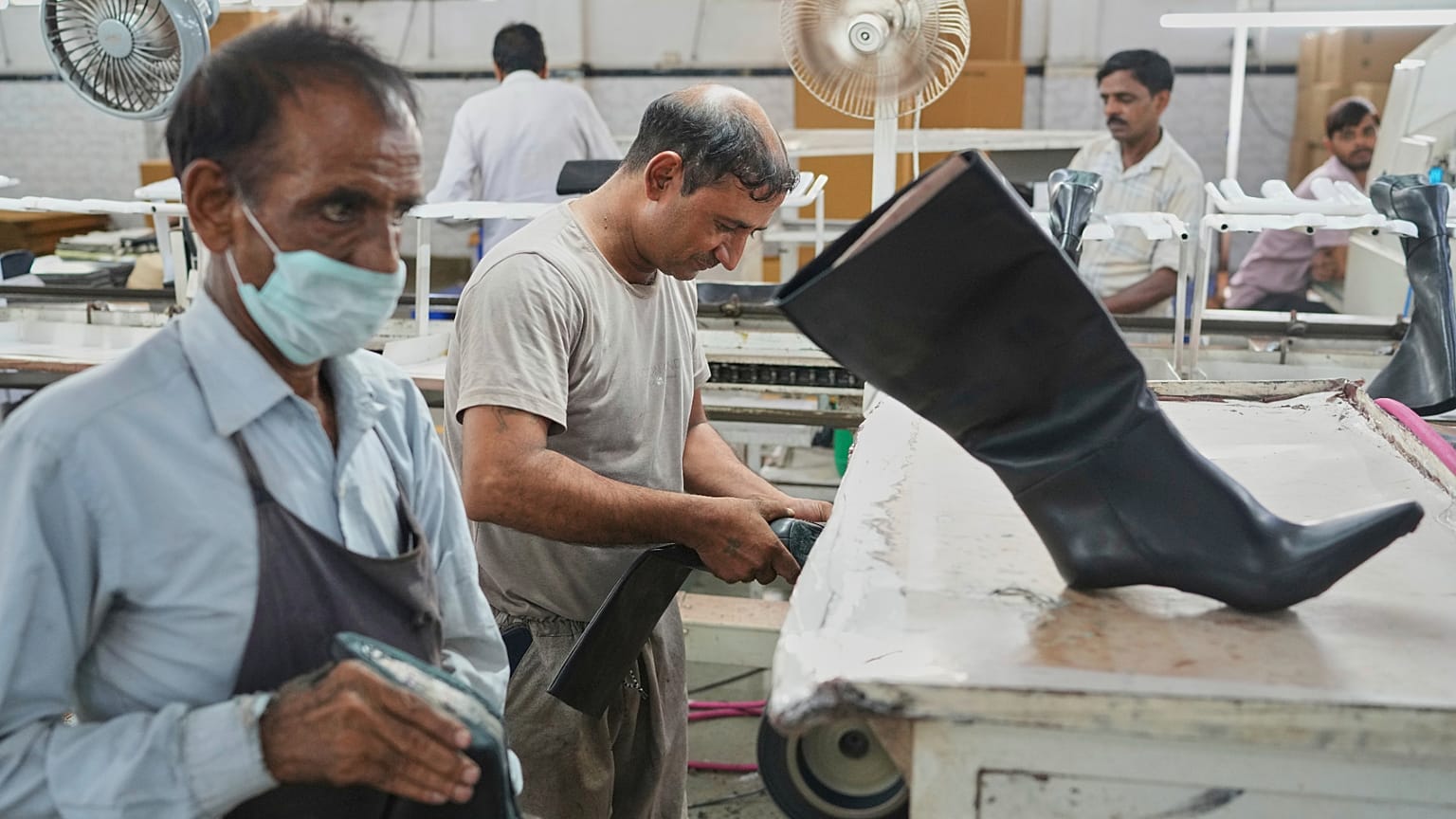ANALYSIS
Citizens in the Indian capital of New Delhi say that the government’s inaction against the pollution-driven public health crisis signals both a struggling democracy and hypocrisy, as India leads talks on climate action in the Global South at COP30.
Issued on: 15/11/2025
FRANCE24
By:Diya GUPTA
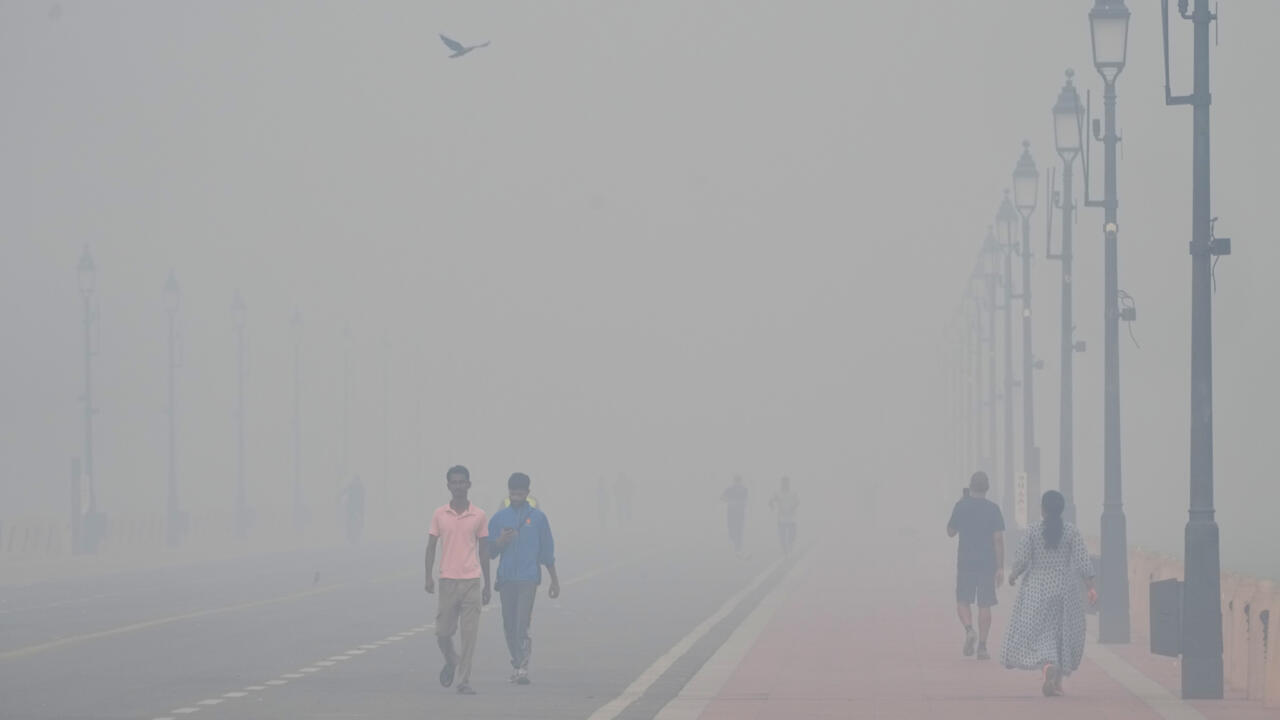
Between October and November each year, New Delhi transforms for the worse. Its skies are shrouded by a dense, grey-yellow haze with an acrid smell that sticks to the roof of the mouth. Visibility plummets so intensely that public transport and air travel are often put on hold, and grand monuments vanish into blankets of thick air. Year after year, hospitals are overburdened by the number people – young, old and in between – who need care for severe respiratory illness.
Some reports have likened the pollution to smoking tens of cigarettes a day, but the reality is actually worse.
This year, pollution hit 30 times the safe limit set by the WHO, despite the Indian government’s "Graded Response Action Plan" that was created in early October to limit it, particularly after the Indian festival of Diwali, where many still light firecrackers.
Aside from the expected onslaught of respiratory illness, long-term exposure to contaminated air can cause cognitive impairment, increase the risk of cancer and cause long-term, chronic illness in children. India has the largest pollution-related death toll in any country in the world. According to Lancet Planetary Health, air pollution accounted for 17.8 percent of all deaths (1.67 million) in the country in 2019.
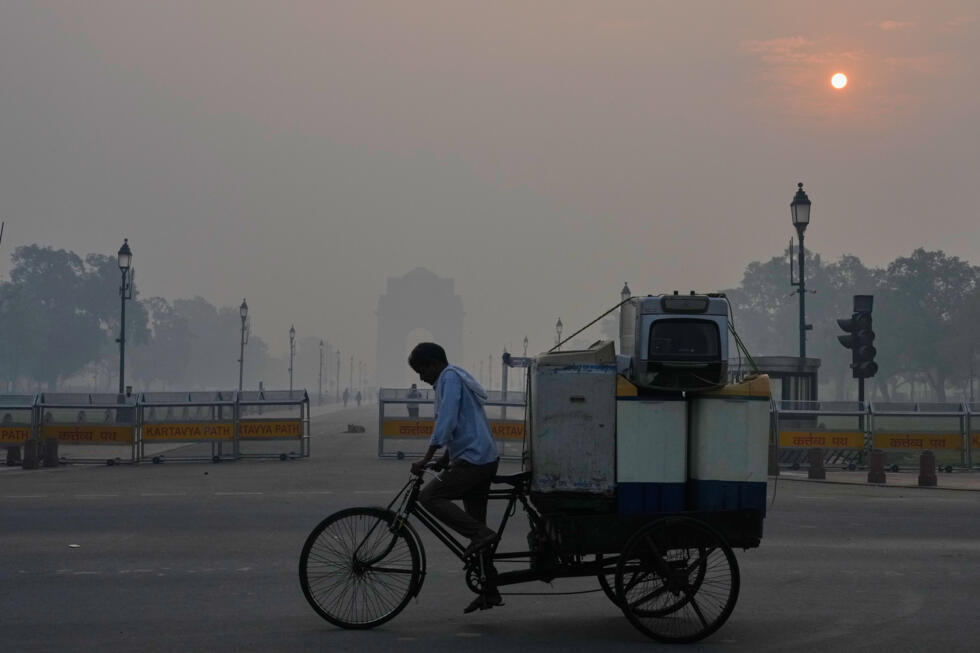
Delhi's airborne slurry is made up of particulate matter, smoke, fog, sulphur dioxide (which mixes with water droplets to create sulphuric acid) and a host of other compounds which float suspended under a lid of cold, stagnant air. The lid traps toxins and pollutants and allows a quick build-up of smog that can only be alleviated by winds or heavy rain – weather phenomena which do not naturally occur during the still, cold winter months.
Delhi’s middle and upper classes can save themselves – to an extent – by staying home in air-purified rooms, but lower-income households and the many citizens living on the streets in abject poverty have no way to escape.
After years of this cyclical, air pollution-driven public health emergency, a handful of the 20 million residents in and around Delhi made a rare attempt at protest. But any hope of change was quickly quelled by police, as more than 80 demonstrators were arrested less than an hour into the protests on November 9.
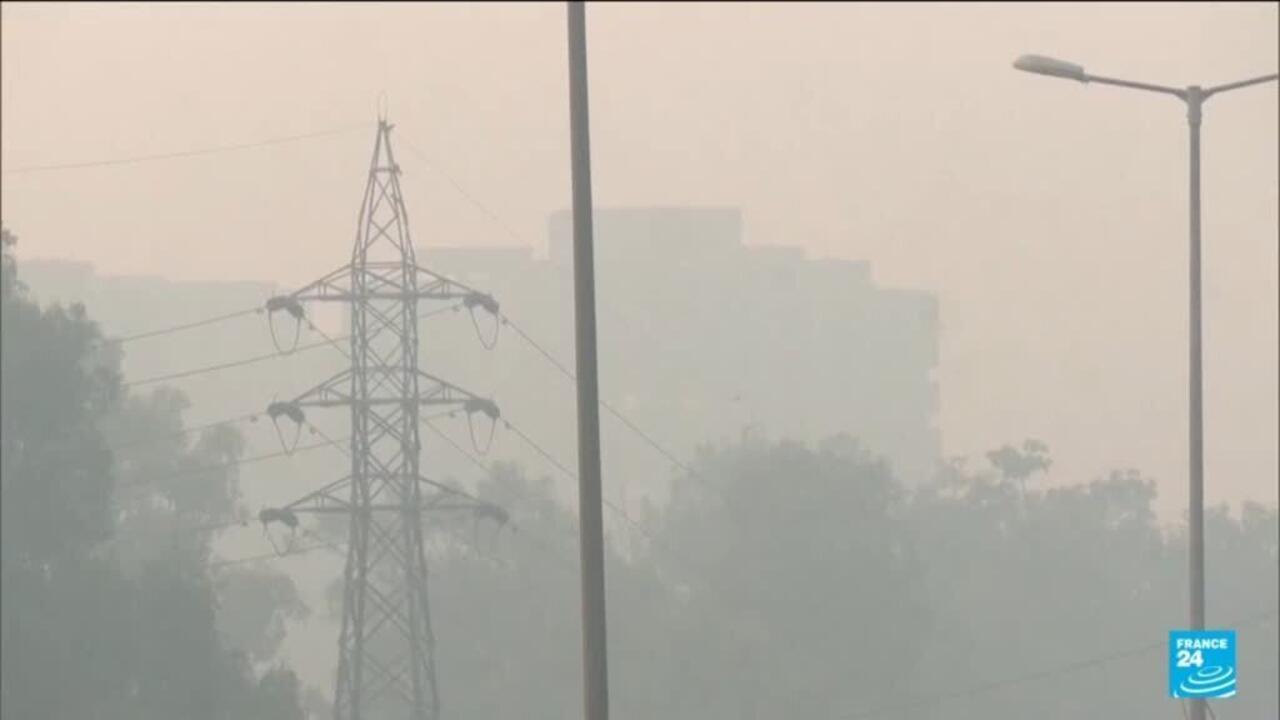
01:39
An environmental and democratic disaster
Journalist and environmental activist Saurav Das was one of the first people to amplify the call to protest, which spread largely on WhatsApp and via social media.
“I had been vocal about the pollution for two years before, but the bronchitis diagnosis really pushed me because I was leading a healthy lifestyle… aside from living in Delhi.”
Das was present at the protest and has been repeatedly harassed and intimidated by the police since then.
In the past, inaction was largely blamed on infighting between the central and Delhi government. But this year, it’s increasingly being seen as a failing of Indian President Narendra Modi’s Bharatiya Janta Party (BJP), since it was voted back in to rule Delhi after 27 years.
“People felt betrayed because they voted in the BJP with expectations of change," says Das. "But the pollution issue cuts across party and ideological lines. Everyone deserves clean air, regardless of who you voted for.”
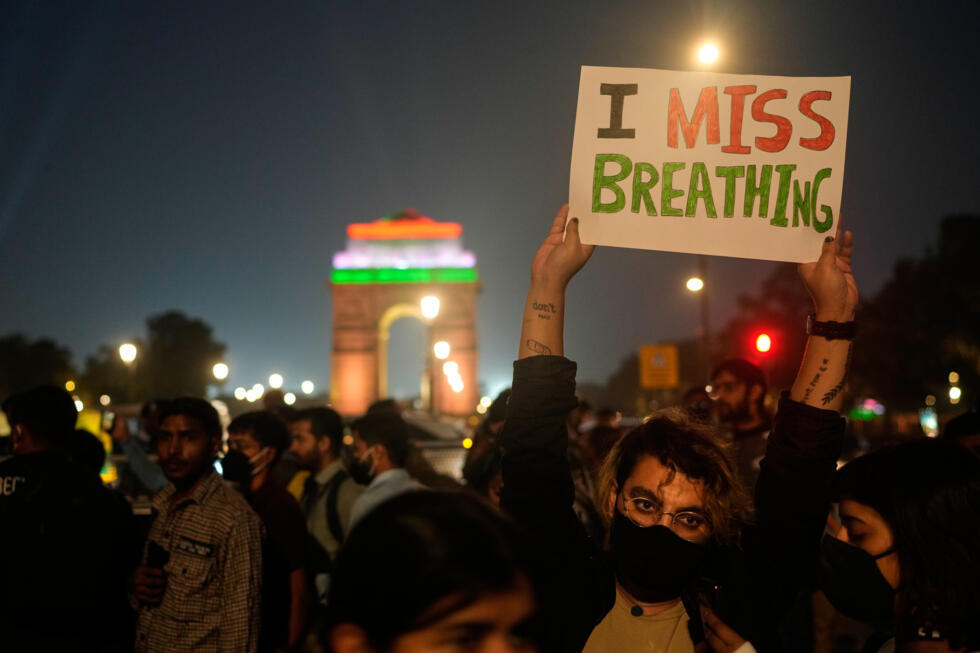
The ruling party also made the controversial decision earlier in October to approach India’s Supreme Court to revoke a ban on "green crackers" and allow "regulated and time-bound" use after having previously banned all fireworks, whether low-emission versions or not. The subsequently heavy use of fireworks this year during the festival significantly contributed to the deteriorating air quality index (AQI).
However, a few hours into Diwali, the government’s open-access websites that provide real-time monitoring of air quality blacked out for several hours. Opposition parties and concerned citizens also accused the Delhi government of "manipulating" air quality data, with a video of water being sprayed around an AQI measurement system in order to lower the numbers. The BJP denied the allegations.
“They compromised the integrity of the data, destroyed civic spaces, used unnecessary force – even against women, children and the elderly. Our democratic spaces are shrinking, our voices are not being heard and we cannot breathe,” Das says.
Choosing optics over real change
India earlier this year announced a set of special measures known as the Graded Response Action Plan (GRAP), that would be executed in stages according to the severity of pollution.
But the GRAP wasn’t implemented until pollution levels had already hit severe levels, and Das says that the measures that were taken came too late. “The health warnings were only issued after the protests. Even schools and workplaces had stayed open. The government focussed on crisis management, not prevention.”
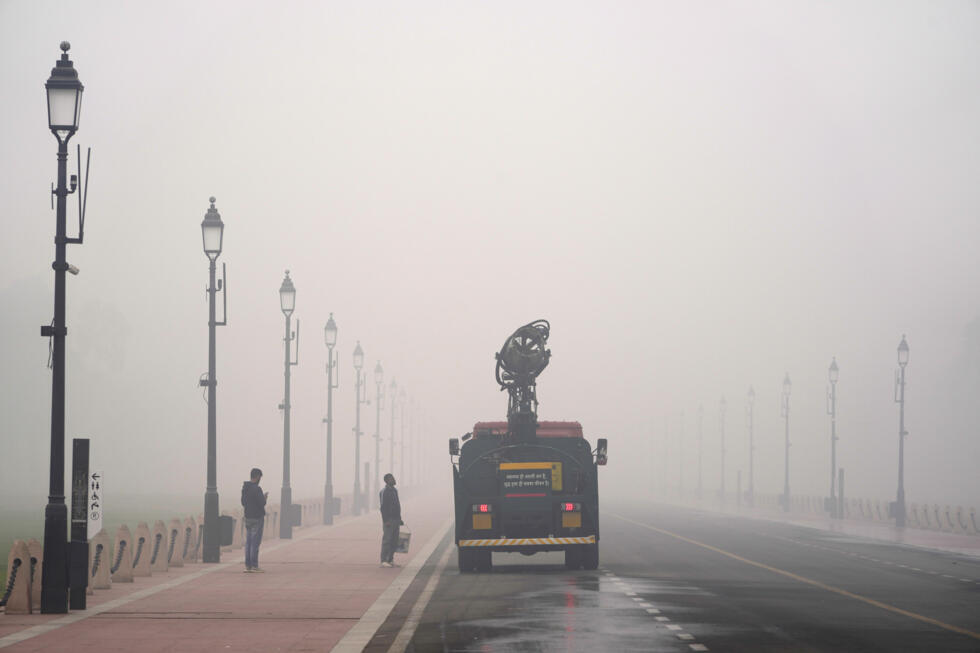
Delhi has been making some dubious attempts to reduce the pollution. "Anti-smog guns" – water jets attached to a truck – run all over Delhi using the logic that water will trap some of the pollutants and improve the air quality. A huge green "smog tower" in the heart of the city was supposed to act like a city-wide air purifier. Neither approach was at a scale large enough to make any real change, and the government opted for more drastic measures.

01:14
But there simply wasn’t enough moisture in Delhi’s dry winter skies to allow precipitation. “The anti-smog guns and cloud seeding are band aid methods,” Das says. “They’re more focussed on perception management because these are not long-term solutions.”
Citizens cry hypocrisy
For locals, Delhi’s toxic air has become a symbol of a struggling democracy – and as India leads talks for the Global South COP30, a sign of bitter irony as well.
Indian representatives are right now in Belin in Brazil to lead the talks of climate justice and reducing emissions, but the air quality at home will not be a part of the conversation.
Avantika Goswami, a researcher at the Center for Science and Environment, will be joining the Indian delegates at COP30 in Belin. She says that air quality is a major issue in New Delhi, but it cannot undermine the role that India will play at the COP.
“One of the primary objectives is discussing Article 9.1 of the Paris agreement, which talks about financial resources from developed countries to assist developing countries to adhere to climate policies.”
“It can’t be an either-or situation… Delhi’s pollution has to be tackled. We need better, long-lasting policies.”
“At the same time, India needs to be at COP30 to fight for climate justice for the Global South. Both things are important,” she adds.
But Das has a more critical outlook towards India’s participation at COP30, as citizens in the capital gear up for worsening pollution. “I think it’s hypocritical to be there talking about climate change when people can’t breathe here. That hypocrisy will not go unnoticed.”




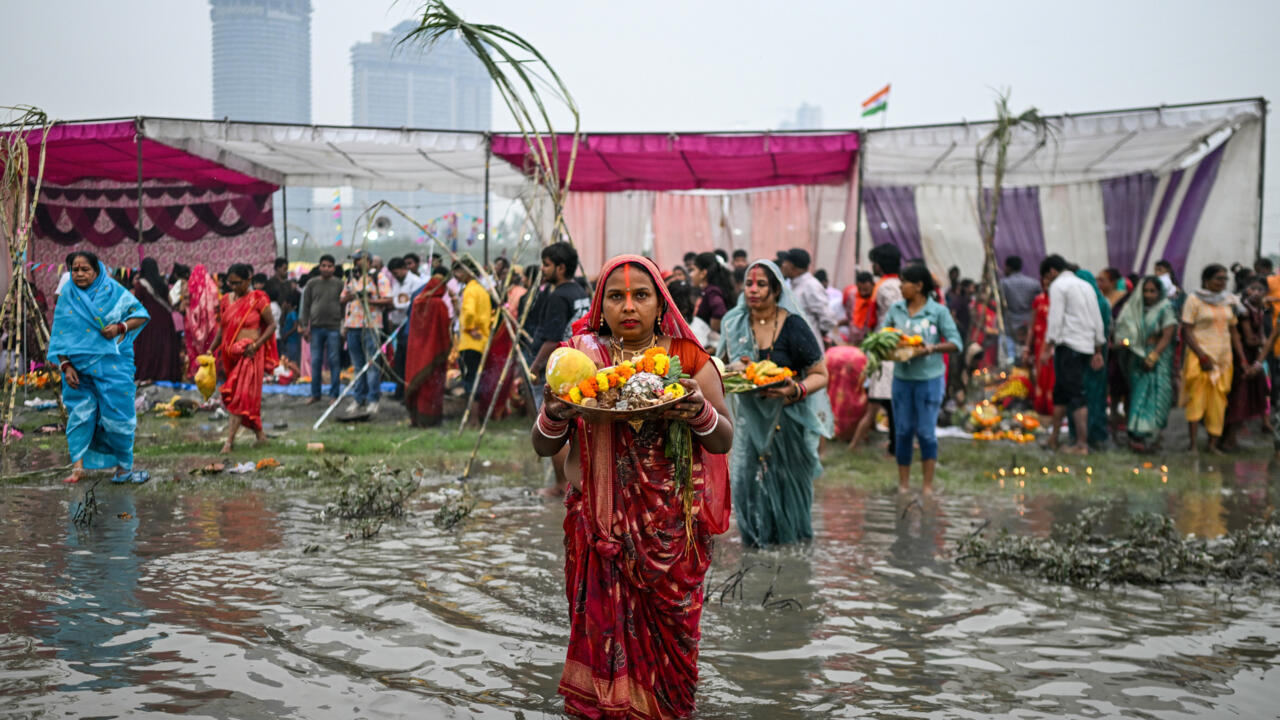
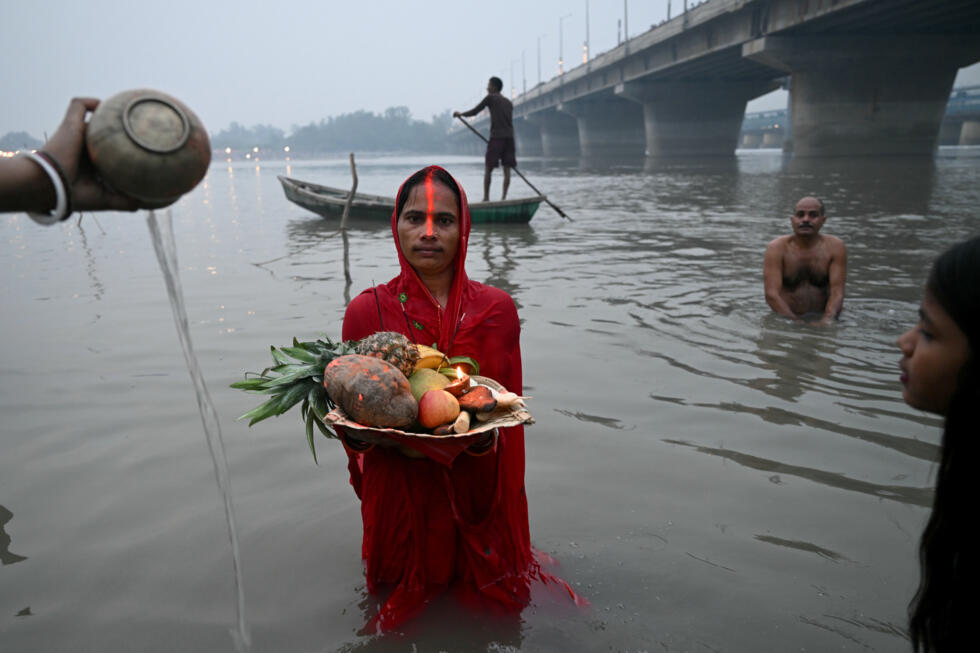
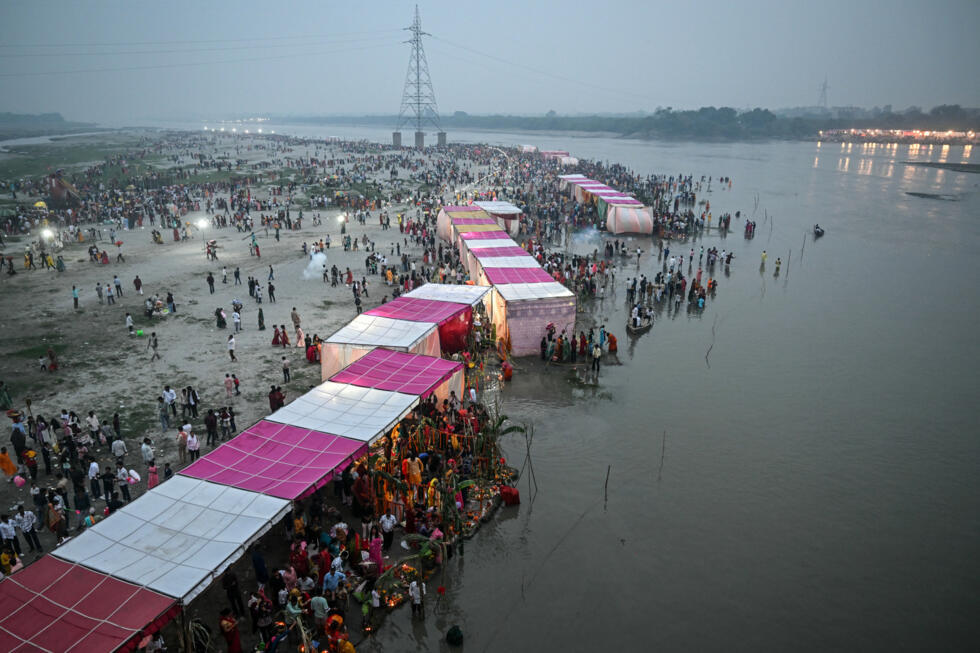
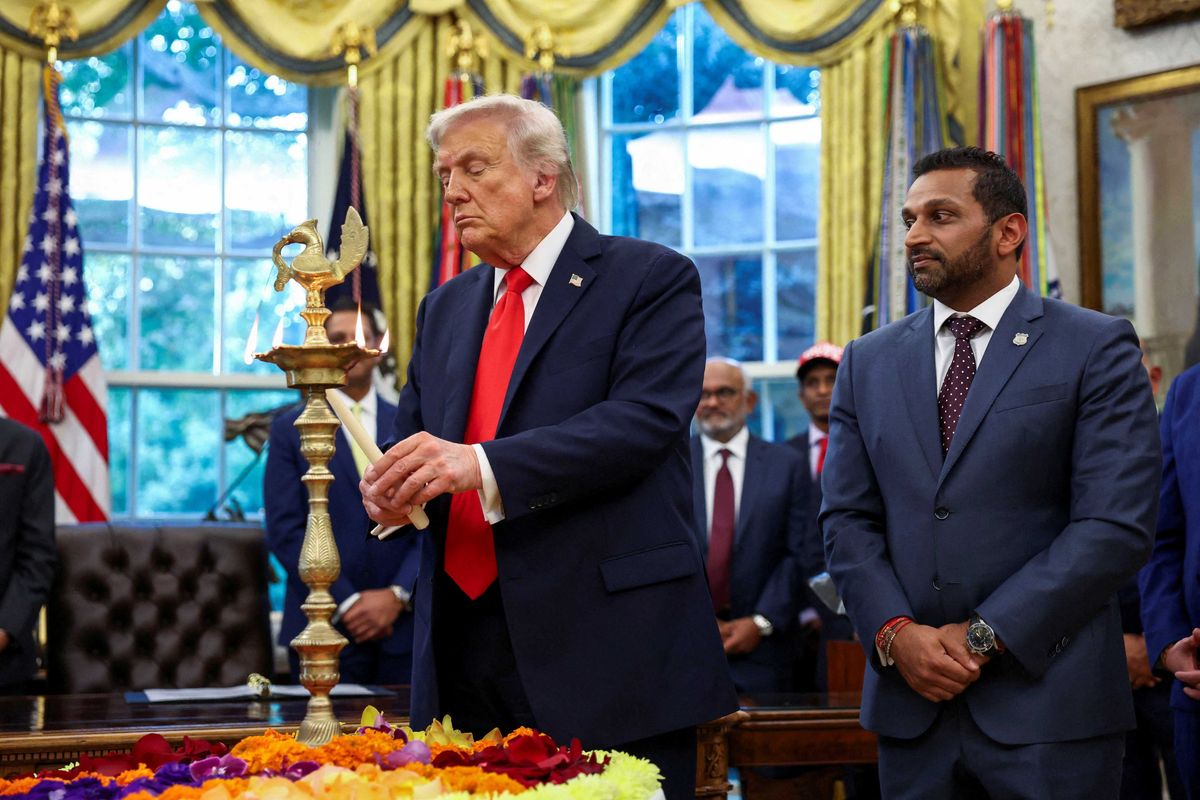

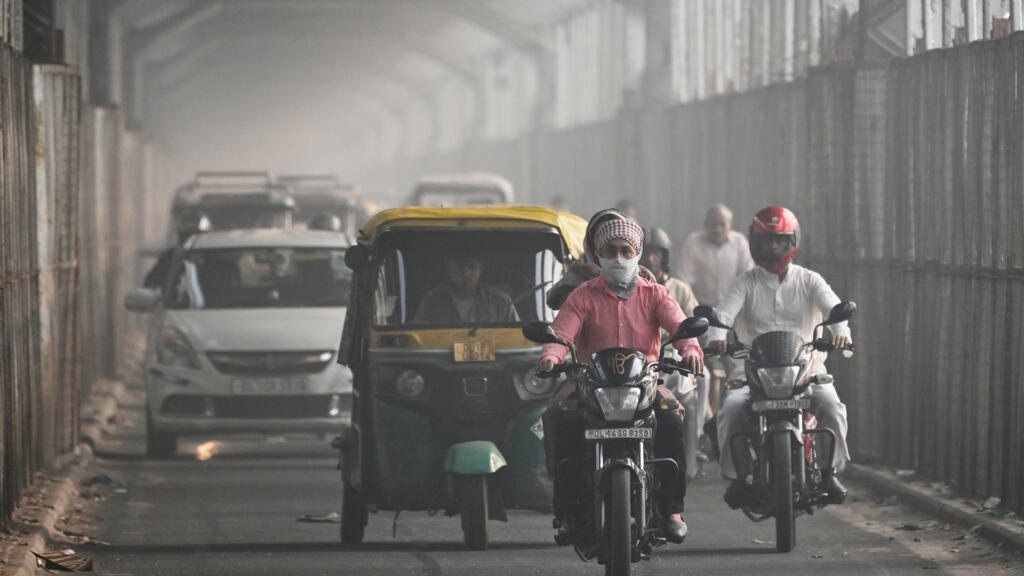
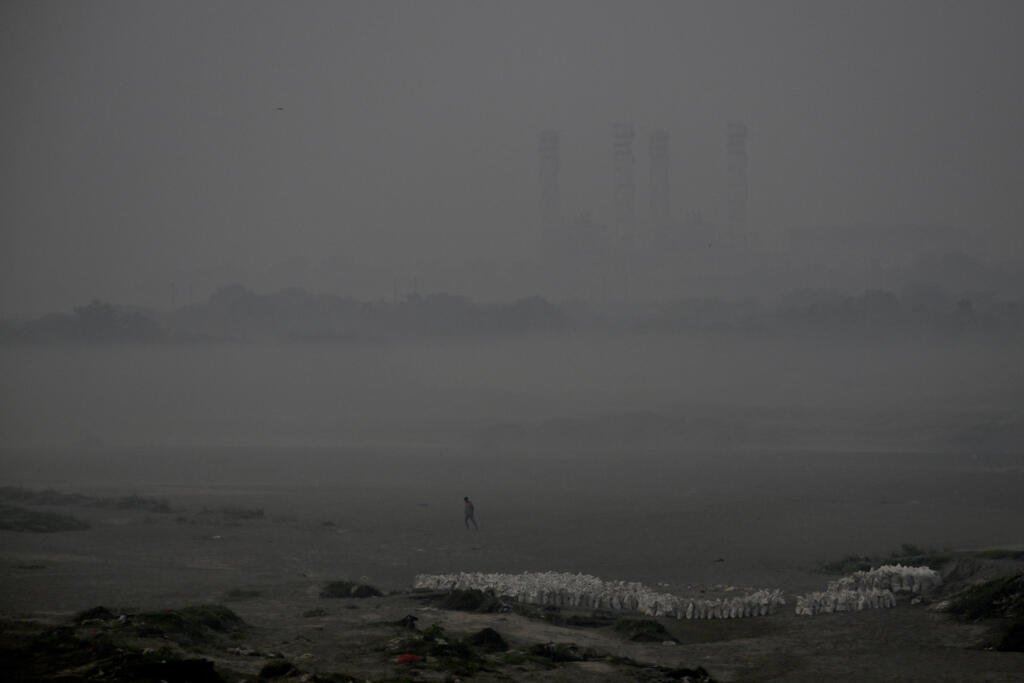



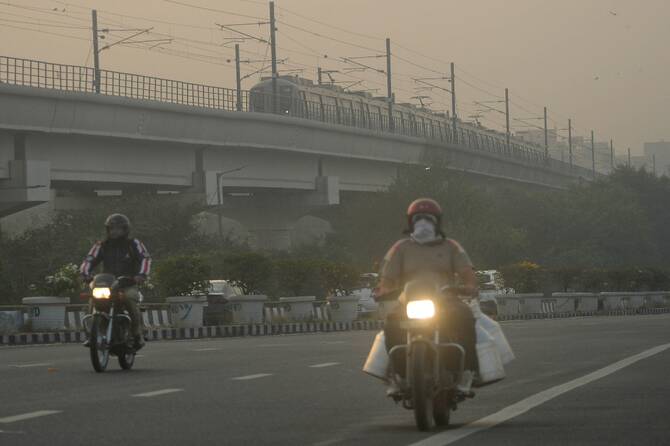
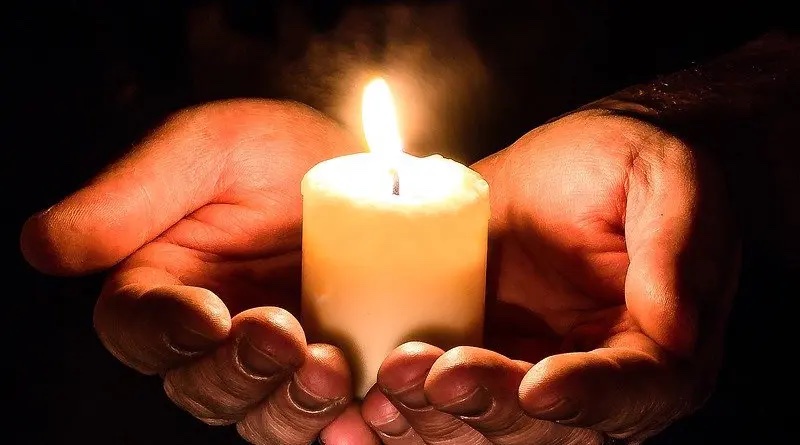
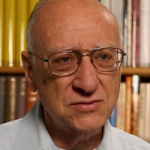


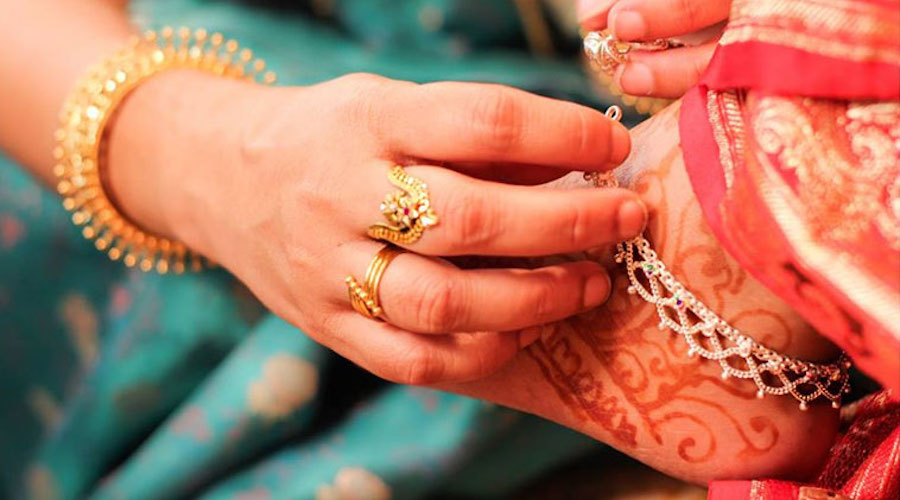
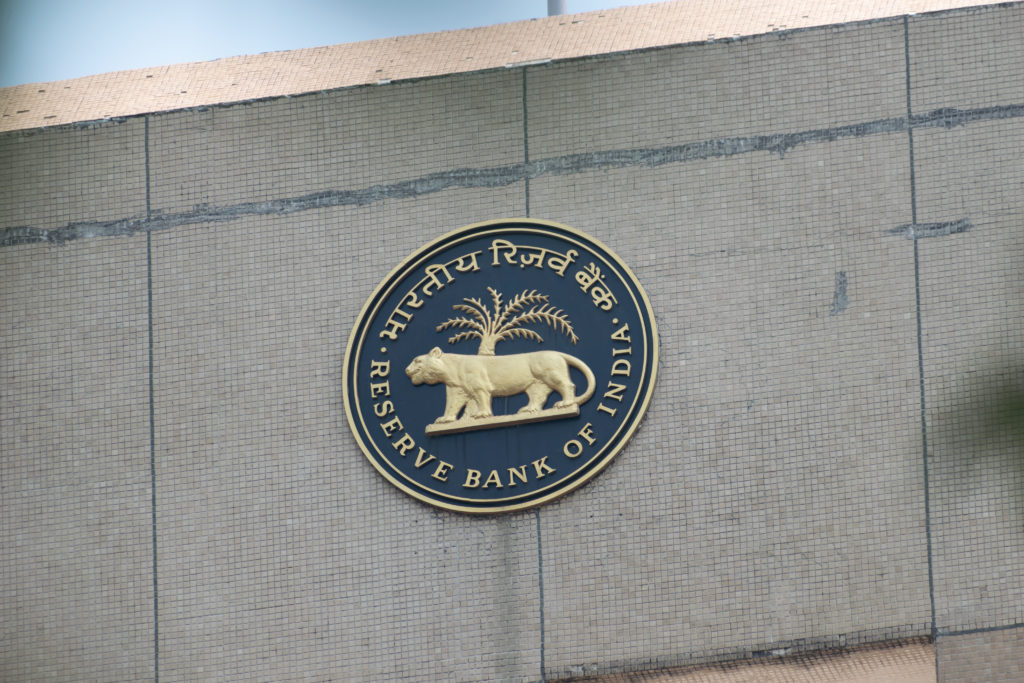
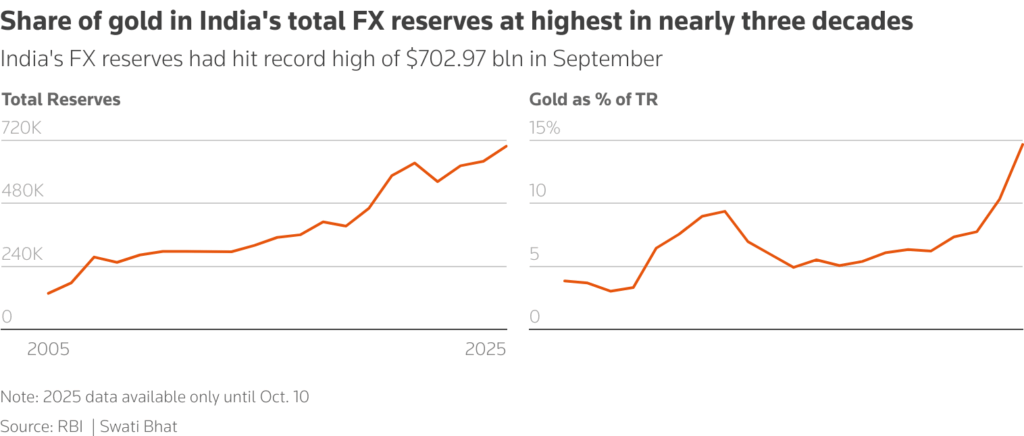

_1.jpg)
